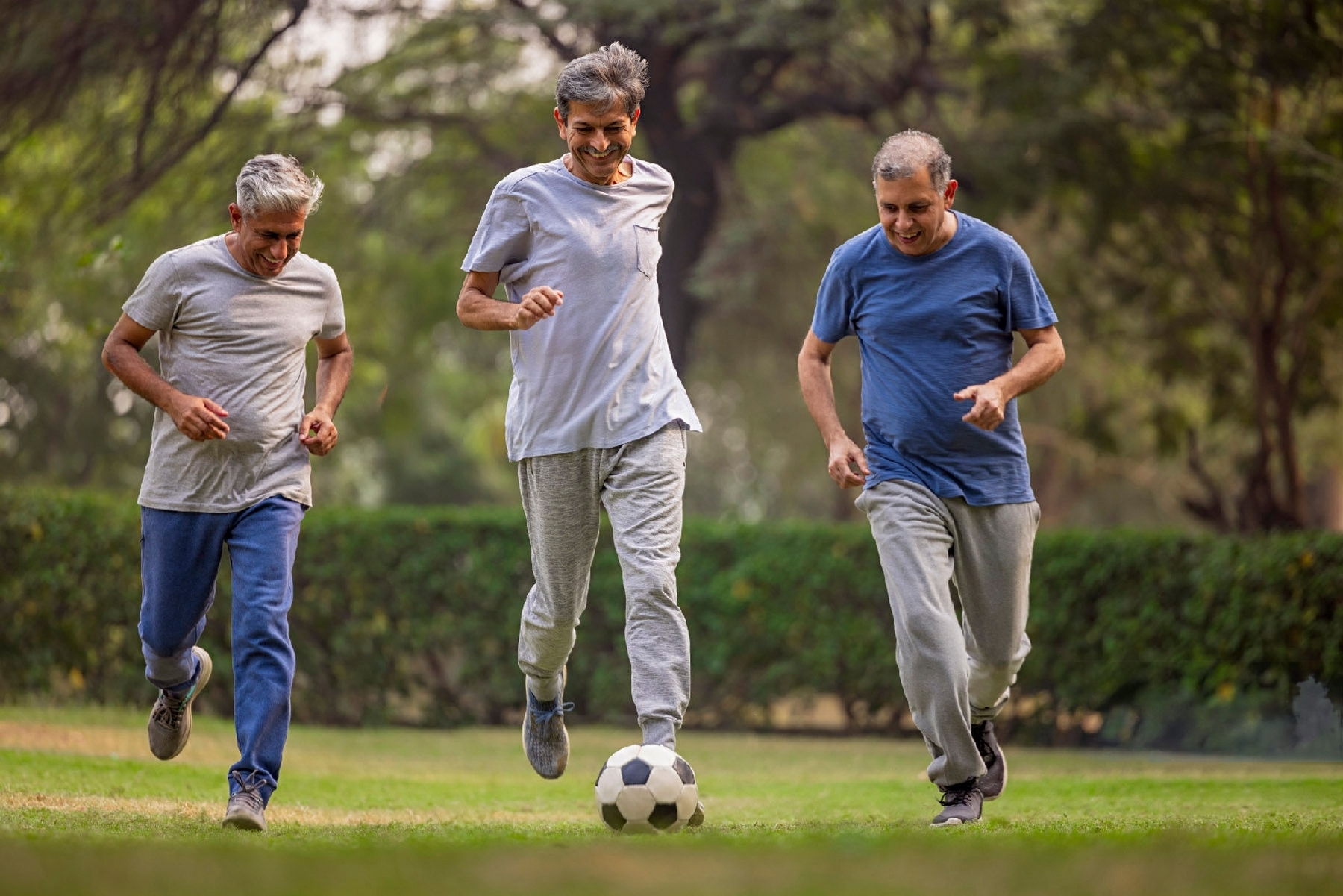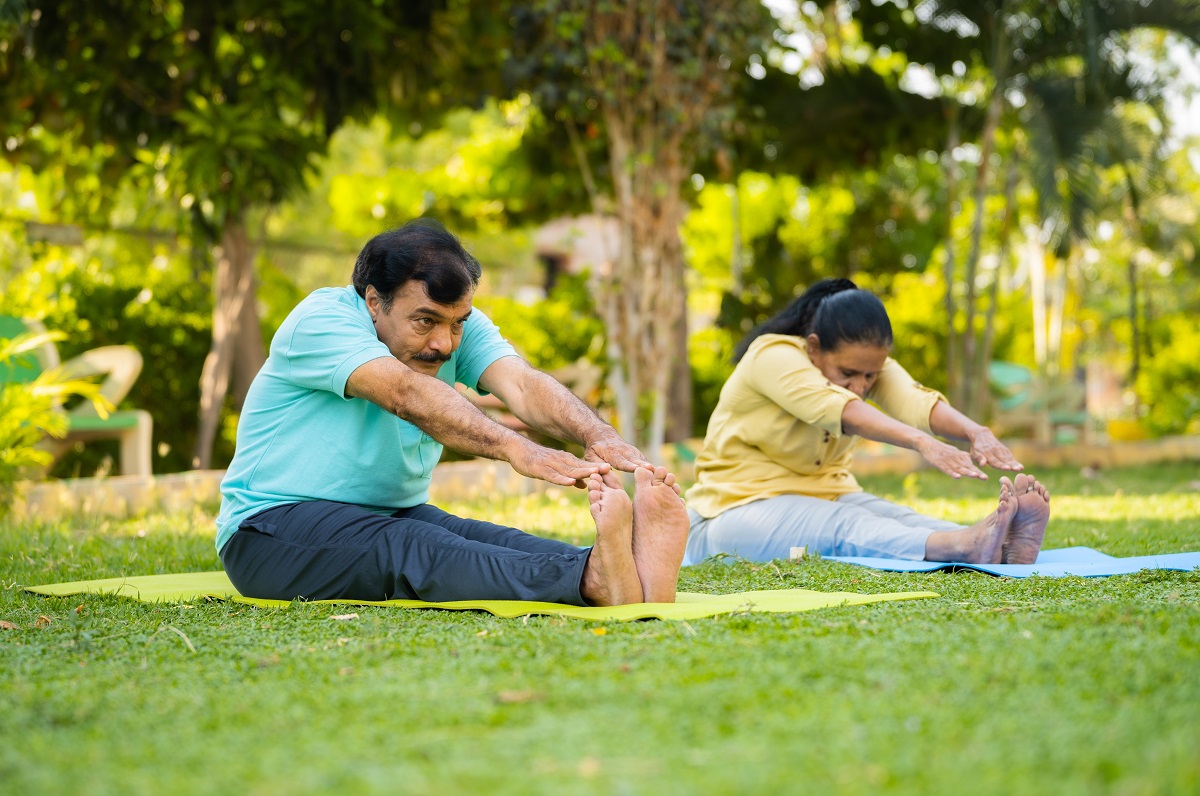Balanced nutrition is crucial for the elderly in India, as it helps maintain their health, manage chronic conditions, and support their overall well-being. Here are some key considerations for ensuring a balanced diet for the elderly in India:
- Consult a Healthcare Professional: Before making any significant dietary changes, it’s essential for elderly individuals to consult a healthcare professional, such as a doctor or registered dietitian, to get personalized recommendations based on their specific health conditions, medications, and dietary needs.
- Caloric Intake: As people age, their metabolism tends to slow down. This means they may require fewer calories. It’s important to adjust their caloric intake to prevent weight gain or loss.
- Fruits and Vegetables: Encourage a variety of colorful fruits and vegetables to provide essential vitamins, minerals, and antioxidants. Local, seasonal produce is often more affordable and nutritious.
- Whole Grains: Choose whole grains like brown rice, whole wheat, and millets over refined grains. These provide fiber and essential nutrients.
- Protein: Adequate protein intake is essential for maintaining muscle mass and overall health. Sources of protein can include lean meats, fish, poultry, eggs, dairy, legumes, and tofu.
- Dairy or Alternatives: Dairy products or dairy alternatives like fortified plant-based milk can help provide calcium and vitamin D for bone health.
- Fats: Opt for healthy fats like those found in nuts, seeds, coconut and olive oil. Limit saturated and trans fats found in fried and processed foods.
- Hydration: Dehydration can be a concern for the elderly. Encourage regular water intake, and consider herbal teas, coconut water, and soups.
- Fiber: A diet high in fiber helps with digestion and can prevent constipation. Foods like lentils, beans, whole grains, and fruits are excellent sources of fiber.
- Spices and Herbs: Indian cuisine is rich in spices and herbs, many of which have health benefits. Turmeric, for example, has anti-inflammatory properties. Incorporating these into meals can be beneficial.
- Reduce Salt and Sugar: Lower sodium intake to control blood pressure and limit added sugars to prevent issues like diabetes.
- Supplements: If an individual has difficulty meeting their nutritional needs through food alone, supplements may be necessary. Consult a healthcare professional for guidance.
- Cultural Preferences: Respect cultural preferences and dietary habits. Traditional Indian foods can be nutritious when prepared with healthy cooking techniques.
- Chewability: For seniors with dental issues or difficulty chewing, consider softer food options or blending foods to make them easier to consume.
- Meal Frequency: Some seniors may prefer smaller, more frequent meals rather than three large ones. This can be easier on the digestive system.
- Social Interaction: Eating with family and friends can improve appetite and mental health. Isolation can lead to poor dietary habits, so encourage social meals when possible.
- Food Safety: Ensure that food is prepared and stored safely to prevent foodborne illnesses.
- Food Allergies and Intolerances: Be aware of any food allergies or intolerances the elderly individual may have and make necessary dietary adjustments.
Remember that each person’s nutritional needs may vary, and it’s essential to tailor the diet to their specific health conditions and preferences. Regular check-ups with healthcare professionals are crucial to monitor and adjust the diet as needed to maintain balanced nutrition for the elderly in India.




